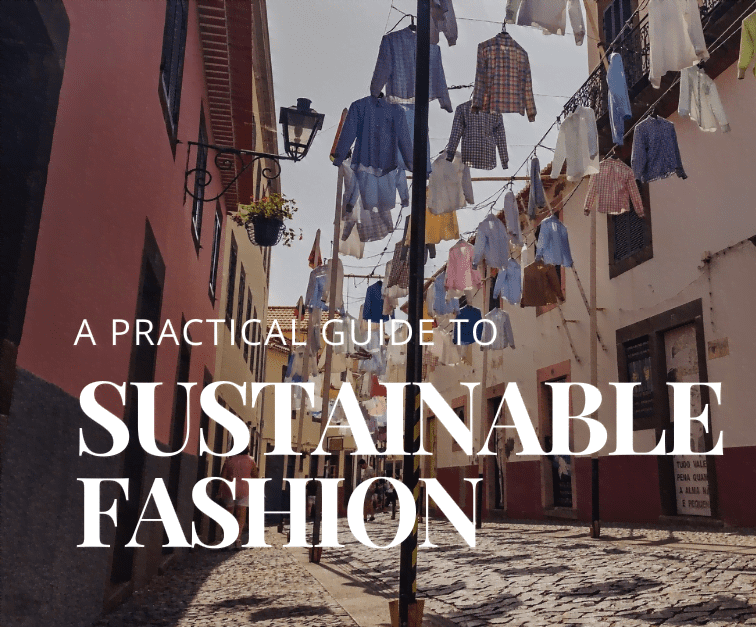Plastic tote bags have become a staple in our daily lives, offering convenience at a low cost. However, have you ever stopped to consider their environmental footprint? In this article, we’ll delve into the environmental impact of plastic tote bags and explore sustainable alternatives to help you make more conscious consumer choices.

The Popularity of Plastic Tote Bags
Plastic tote bags are popular for their convenience and affordability. They are commonly used for grocery shopping, carrying personal items, and even as fashion accessories. According to recent statistics, billions of these bags are produced and consumed each year, contributing to a growing problem of plastic waste. In the United States alone, over 100 billion plastic bags are used annually, with less than 5% being recycled. This staggering number highlights the urgent need to address the issue and seek more sustainable alternatives.
The Environmental Footprint of Plastic Bags
The production of plastic tote bags involves significant carbon emissions, energy consumption, and resource utilization. When compared to cloth or paper bags, the environmental footprint of plastic bags is alarmingly high. From the extraction of raw materials to the manufacturing process, each step leaves a carbon footprint that contributes to climate change. A single plastic bag can take up to 500 years to decompose, leaving a lasting impact on our planet. Moreover, the production process often involves harmful chemicals that can leach into the soil and water, causing further environmental harm.

The Journey of a Plastic Tote Bag: From Use to Disposal
The average lifespan of a plastic tote bag is shockingly short, often amounting to a single use. After their brief utility, these bags usually end up in landfills or, worse, oceans, contributing to pollution and affecting marine life. In landfills, they can take hundreds of years to break down, releasing harmful gases like methane in the process. When they end up in the ocean, they pose a threat to marine animals, who often mistake them for food.
Ocean Pollution: A Silent Crisis
Plastic tote bags are a significant contributor to ocean pollution. They break down into microplastics that are ingested by marine animals, leading to a cycle of pollution that affects the entire marine ecosystem. According to the United Nations, over 800 species are affected by marine debris, and plastic bags are a significant part of this problem. The statistics on ocean pollution due to plastic are staggering and call for immediate action. Initiatives like beach clean-ups and plastic bans are steps in the right direction but are not enough to solve the crisis.

The Carbon Footprint: More Than Meets the Eye
While plastic tote bags may seem harmless, their carbon footprint extends beyond the production phase. Transportation and disposal also contribute to emissions, adding to the overall environmental impact. This is known as “embodied energy,” which accounts for all the energy consumed throughout the lifecycle of the product. According to a study by the Environmental Protection Agency (EPA), the carbon footprint of a single plastic bag is equivalent to driving a car for half a mile.
Sustainable Alternatives to Plastic Tote Bags
Fortunately, there are several sustainable alternatives to plastic tote bags that can help you lead an eco-friendly lifestyle. Cloth bags, biodegradable bags, and reusable bags made from recycled materials are excellent options that significantly reduce environmental harm. Brands like Patagonia and Eileen Fisher offer eco-friendly bags made from organic cotton or recycled polyester. These alternatives not only reduce your carbon footprint but also promote zero waste living.

How to Make the Switch
Transitioning to more sustainable options doesn’t have to be difficult. Here are some tips to help you make the switch:
Start Small: Replace one plastic bag at a time.
Research: Look for brands that offer eco-friendly alternatives.
Be Consistent: Make it a habit to carry a reusable bag.
Conclusion
The environmental impact of plastic tote bags is a pressing issue that requires collective action. By making more sustainable choices, we can significantly reduce plastic waste, ocean pollution, and our carbon footprint.
It’s time to embrace zero waste living and become a more conscious consumer. Visit our blog for more tips and insights to help you get started!
Want to read more like this?
Get similar stories and a free sustainability checklist delivered to your inbox.

Like our content?
Get similar stories and a free sustainability checklist delivered to your inbox.

















